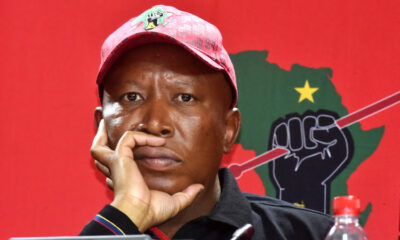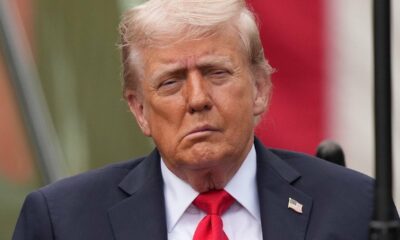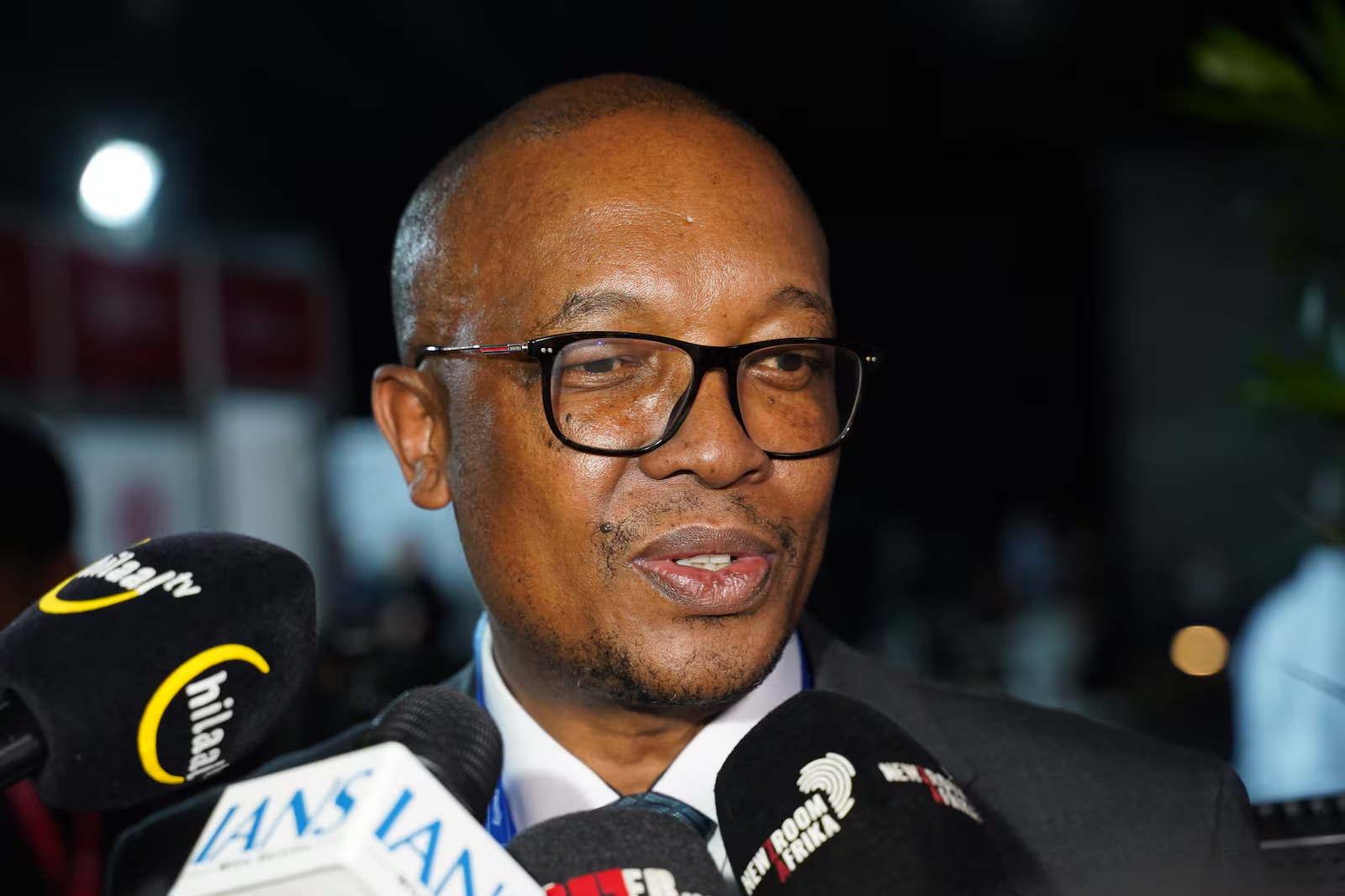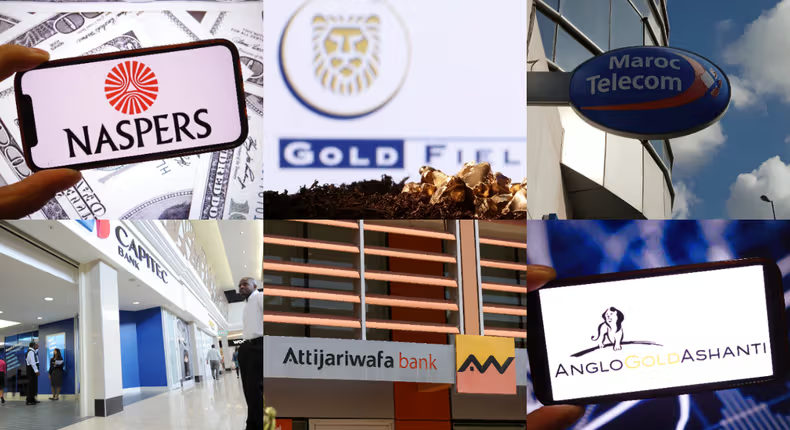Business
Africa Shines at First G20 Summit on the Continent And MSMEs Take Centre Stage
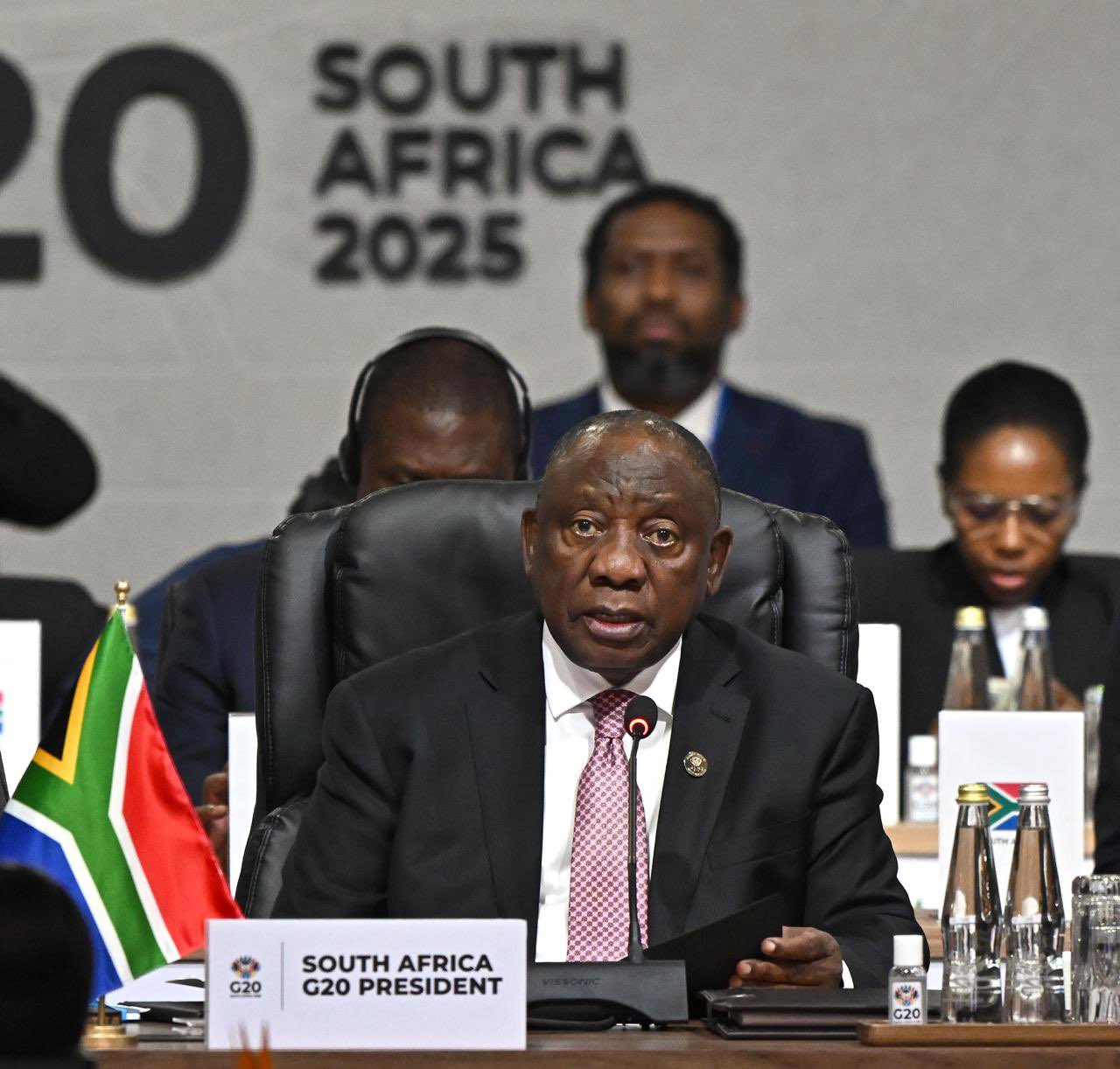
Africa Didn’t Just Host the G20, It Rewrote the Script for MSMEs
Despite Trump’s no-show, the first G20 Summit on African soil became a bold statement of African confidence, ambition, and economic possibility
South Africa has done what many thought would take another decade of diplomacy and political persuasion: it successfully hosted the first-ever G20 Summit on African soiland it did so with the kind of calm swagger that says, “Relax, we’ve been capable all along.”
Johannesburg buzzed for days as global leaders descended on the continent under the banner “Solidarity, Equality, Sustainability.” But while the headlines obsessed over whether Donald Trump would pitch (spoiler: he didn’t, after several dramatic “will he/won’t he” moments), the real winners of this historic summit were not presidents or prime ministers.
It was Africa’s MSMEs, the hustlers, innovators, farmers, township manufacturers, artisans, green-tech startups, and youth-led collectives that actually keep this continent’s economic heart beating.
A Summit Bigger Than the Political Sideshow
Of course, the Trump storyline provided its usual circus. His absence, framed in the most Trump-esque global shrug, had the international press scrambling for drama. But once you brushed past the noise, Africa had already moved on.
The summit ended on a surprisingly optimistic high note, especially for MSMEs who seldom get global acknowledgment. In a rare moment, global leaders agreed on something: that wars, terrorism, and attacks on civilians continue to rob Africa of economic momentum.
For small businesses across the continent, that statement hit home.
Because when conflict erupts, it’s MSMEs that suffer first, shops close, supply chains vanish, goods are looted, and entrepreneurs pack contingency bags instead of orders. If the G20’s renewed commitment to the UN Charter and conflict reduction takes root, it could translate into something many entrepreneurs secretly pray for:
Peace long enough to finish a business plan without someone firing shots outside.
Climate Disasters: The Other Enemy of Growth
Ask any South African spaza owner who’s watched their goods float away during flash floods; ask a Malawian farmer whose harvest was wiped out by a cyclone; ask a Kenyan artisan whose workshop got destroyed during a drought-fuelled fire, climate change hits MSMEs hardest.
This year, the G20 finally acknowledged that survival-mode entrepreneurship is not real economic development.
The declaration’s focus on strengthening early warning systems, nature-based climate solutions, and disaster management gave entrepreneurs a glimmer of hope.
For the first time, MSMEs might know whether to:
-
carry umbrellas,
-
close shop early, or
-
grab evacuation bags.
Progress is progress.
Africa’s Debt Elephant Finally Enters the Room
Africa’s debt conversation is always a tense family meeting nobody wants to start. But at this summit, the elephant was not only named, it was analysed, budgeted for, and offered a pathway out.
Debt sustainability efforts could eventually trickle down into:
-
better credit terms,
-
more affordable capital,
-
maybe even debt-for-climate swaps.
Imagine owing less because your business planted trees? Sounds like a fever dream, but then again, so did hosting a G20 in Africa.
300 Million More African Homes May Finally Switch the Lights On
One of the most exciting announcements was the G20’s support for tripling renewable energy and doubling efficiency by 2030. Central to this is Mission 300, led by the World Bank Group and AfDB, aimed at connecting 300 million Africans to electricity.
If this becomes reality, MSMEs could enjoy the unthinkable:
-
routers that stay on,
-
point-of-sale machines that don’t restart mid-payment,
-
fridges that survive load shedding,
-
and maybe… just maybe… a workday without generator fumes.
Goodbye Raw Minerals, Hello Industrial Africa
Africa has had enough of being the world’s mining pit.
The new G20 critical minerals framework encourages beneficiation and local value addition, essentially Africa saying:
“Stop shipping our rocks. Let us build the batteries.”
That shift could create entire manufacturing value chains on the continent, opening doors for small businesses in tech, engineering, fabrication, and logistics.
MSMEs may finally participate in industries previously monopolised by multinationals.
Food Security: From 30km Markets to Continental Customers
From Limpopo’s citrus farms to Kenya’s tea estates, African farmers have long dreamed of markets beyond their small geographic radius. With renewed G20 support for CAADP and AfCFTA, farmers may finally access regional export pathways.
More buyers. Bigger markets. Fairer prices.
It’s the agricultural breath of fresh air Africa has been waiting for.
Youth and Women: The G20 Finally Says Your Name Out Loud
One of the most celebrated announcements was the adoption of the Nelson Mandela Bay Target to reduce youth unemployment while deepening gender parity.
Female entrepreneurs and young innovators, the heartbeat of Africa’s modern economy, will now receive targeted support and investment. It’s long overdue, but deeply welcomed.
From Gqeberha to Kigali, young hustlers may find themselves walking into rooms where their age or gender is no longer a barrier to being taken seriously.
Despite Trump’s Absence, Africa Delivered And Delivered Well
And what of Trump’s no-show? Honestly, very few South Africans cared by the end. The summit moved forward, built partnerships, made commitments, and amplified African priorities.
The G20 Summit in Africa was a success not because of who didn’t show up, but because Africa showed up boldly for itself.
This moment wasn’t just historic.
It was transformative.
{Source: IOL}
Follow Joburg ETC on Facebook, Twitter , TikTok and Instagram
For more News in Johannesburg, visit joburgetc.com



